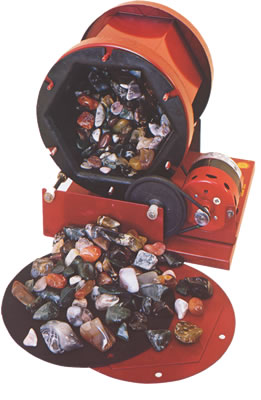One of the great gifts of Buddhist practice is that you can stop seeing life as a series of unfortunate events that make your path more difficult and start seeing it as territory to explore. Maybe you don't welcome it with the great good cheer with which the teacher greeted my situation, but you get curious. Here's a roadblock -- what is its shape, color, texture? Does it remind you of another roadblock? What is the feeling in your body, and what is its shape, color, and texture? Is it really a road block -- do you have to change direction? -- or can it be surmounted or passed through? How do you relate to that roadblock -- and who are you when relating to it? Can you see it clearly? Can you meet it with compassion?
Many times you discover those roadblocks as you walk the path with companions. That's why sangha -- the community -- is up there with the Buddha (the example of a person achieving enlightenment) and the dharma, or teachings. You practice meditation; you live Buddhism as you walk in the world. You find your rough edges when you rub up against others.
I used to say a refuge vow from Thich Nhat Hanh that included: "I take refuge in the sangha, the community that lives in harmony and awareness ... Dwelling in the refuge of the sangha, I am supported by its shining light that keeps my pathway free from obstacles."
That has not been my experience of sangha; I have not spent time With Thich Nhat Hanh and his followers. For me, being in a sangha is like being a rock in a tumbler, where the barrel spins and the rocks knock
together to get the dirt off.Josh Korda, the teacher at Dharma Punx NYC, writes about the importance of other people to our practice here:
Until we develop the courage to open up in partnership with others, we bury many of natural and authentic vulnerabilities beneath all of our reactive coping strategies: suspicion, doubt, micromanaging, suspicion, defensiveness, knowing-it-all, seeking attention at all cost. As a result we wall ourselves off from deep emotional connection, believing we are safer when our thoughts take charge but our hearts are not engaged.Emotional connection is necessary to enlightenment. Sounds odd, does it? We think of enlightened beings as above it all, free from the roller-coaster ride our emotions take us on. And it's true that enlightenment is about equanimity -- nonattachment -- with those emotions. But it's not possible to really know interconnectedness, to see the basic goodness in everything and every one without feeling it in your emotional center.
Believing rationally and intellectually that all beings have buddhanature is just the start; you have to know it. And that starts with knowing it in yourself.
"Whoever steps beyond individual self and connects with eternity is naturally drawn back to community. This is how we express the heart's realization, by bringing it to maturity with others," Jack Kornfield says in "After Ecstacy, The Laundry."
Korda again:
When we take the risk to step out from behind the wall of our social mask, we grant ourselves and others a safe space to be authentic. In being vulnerable we may experience, at times, the feeling of not being met, understood, or wounded. Yet we must continue. For the real misery and emotional pain lies in staying remote and hiding behind our views and opinions, rather than our empathy and compassion. The reward of taking risks and daring to be emotionally exposed is that, with persistence, it will lead to real deep connection and growth in unison with others.
We're all just walking each other home.



No comments:
Post a Comment